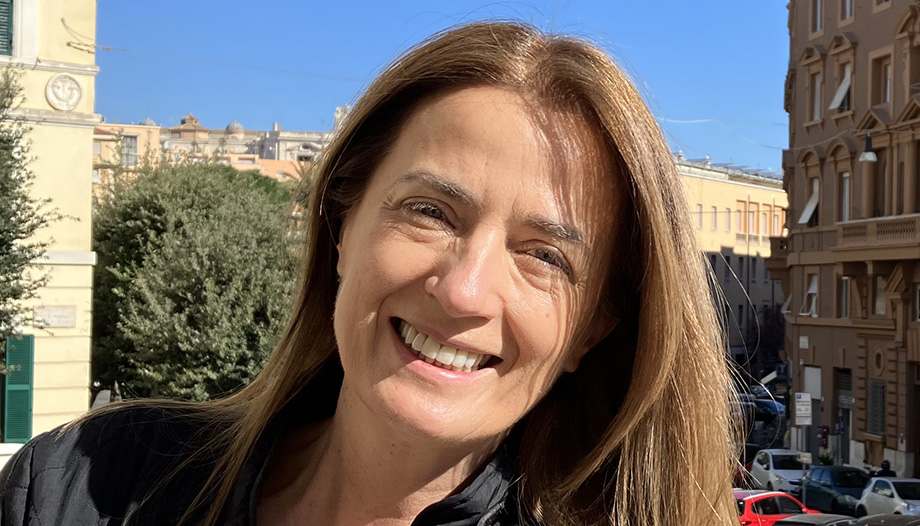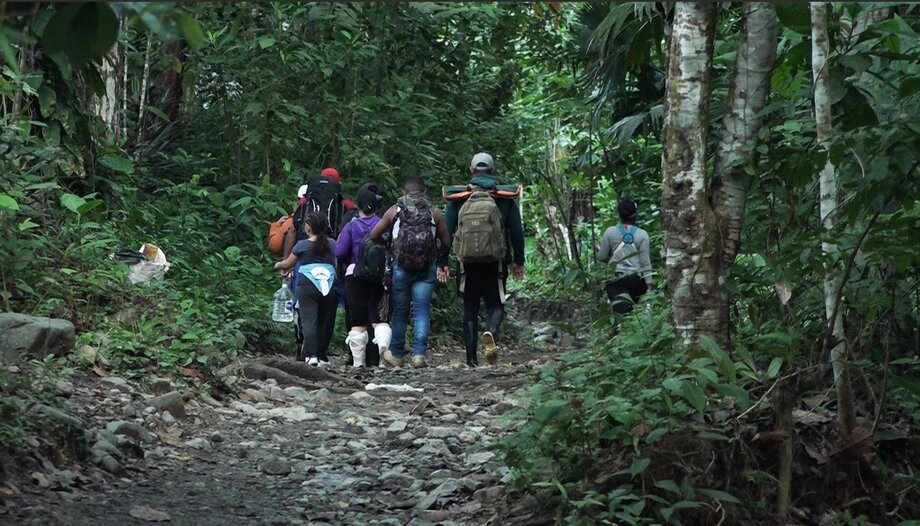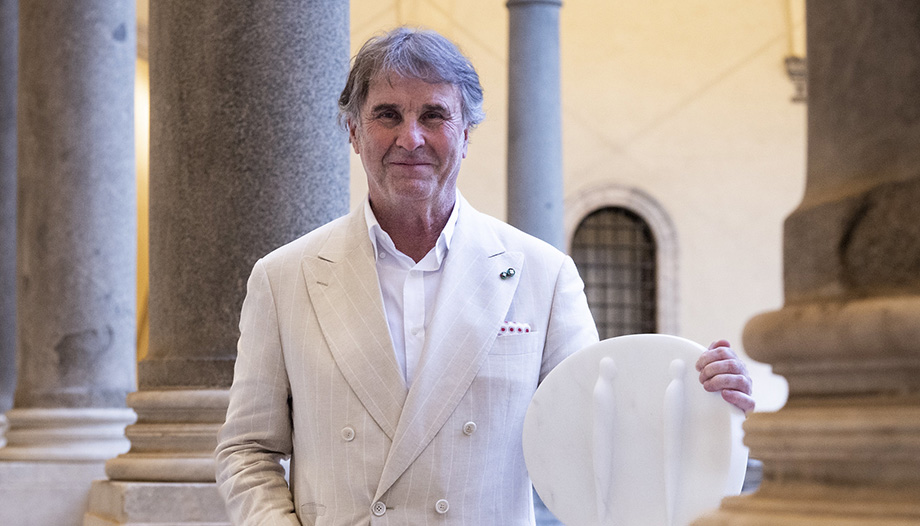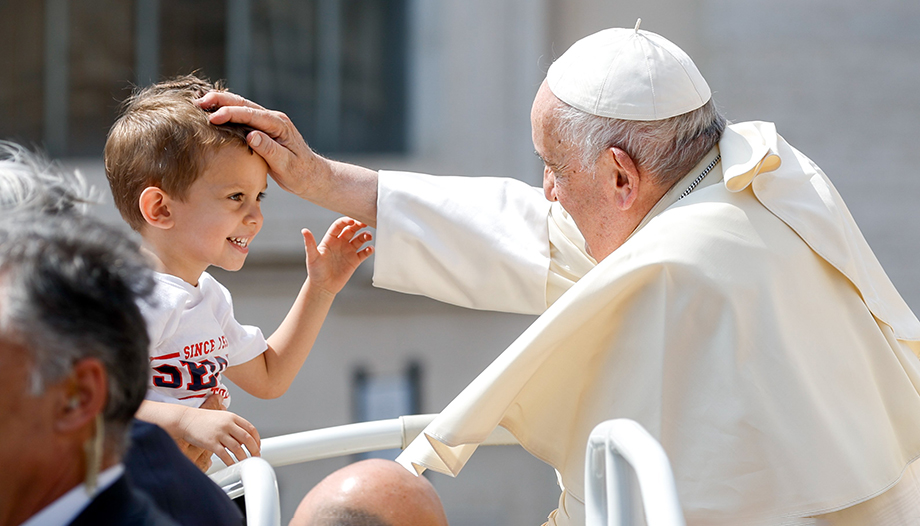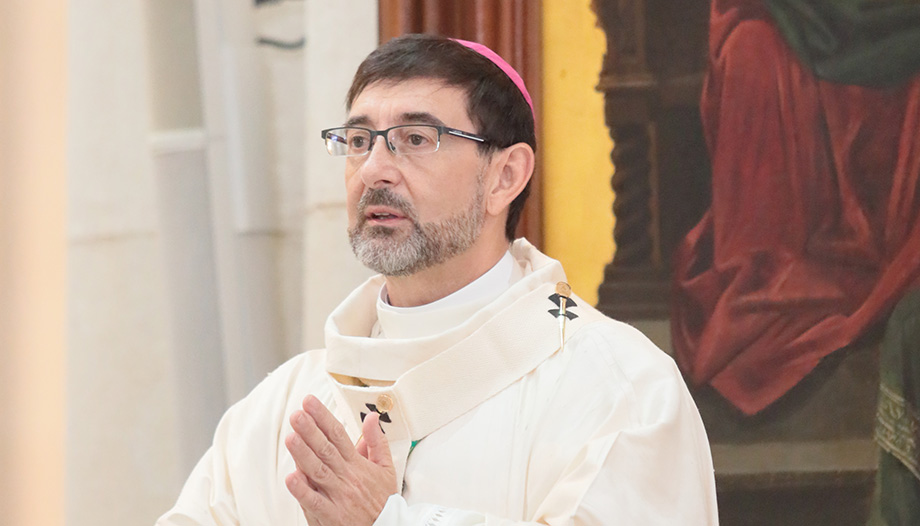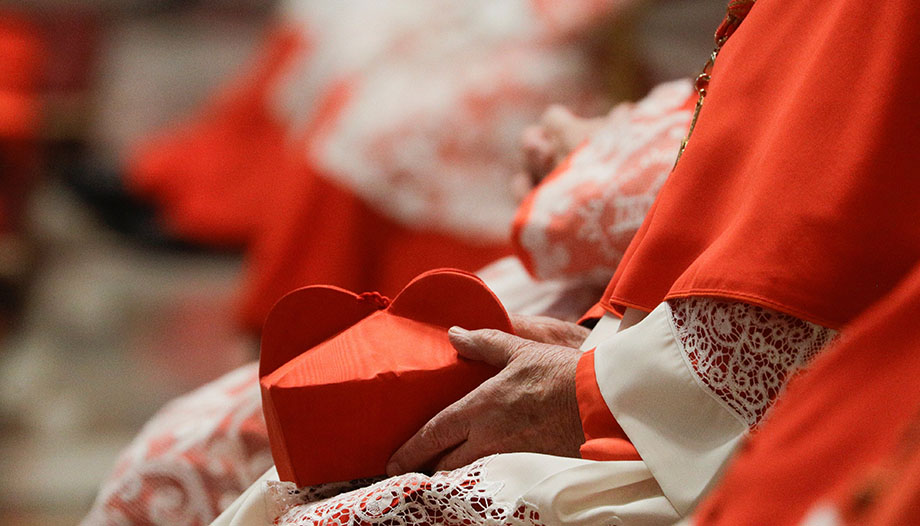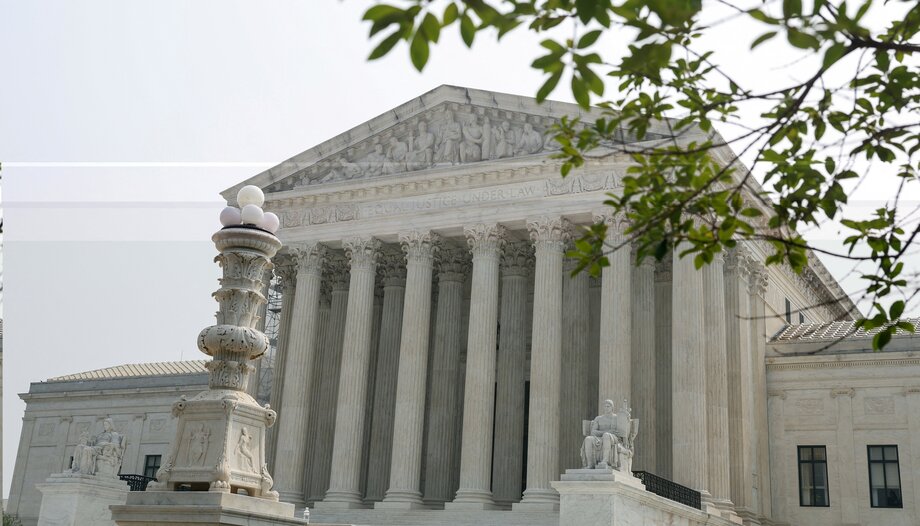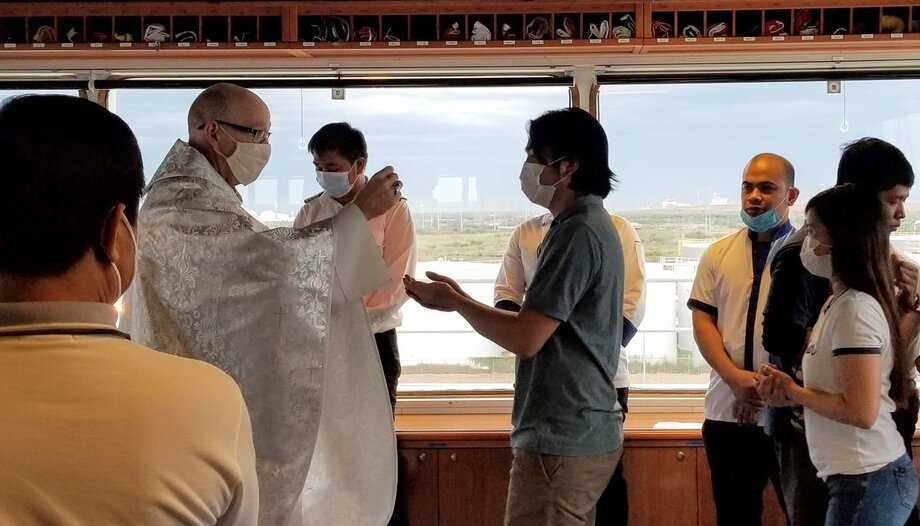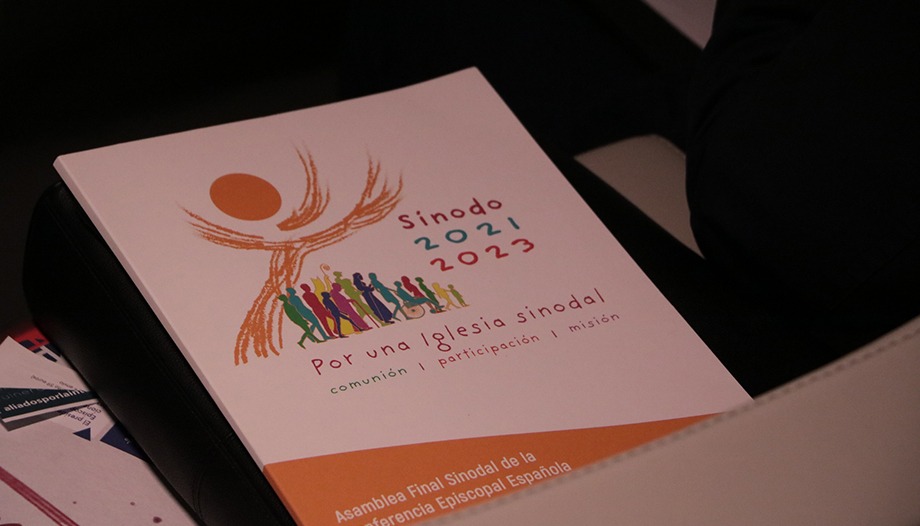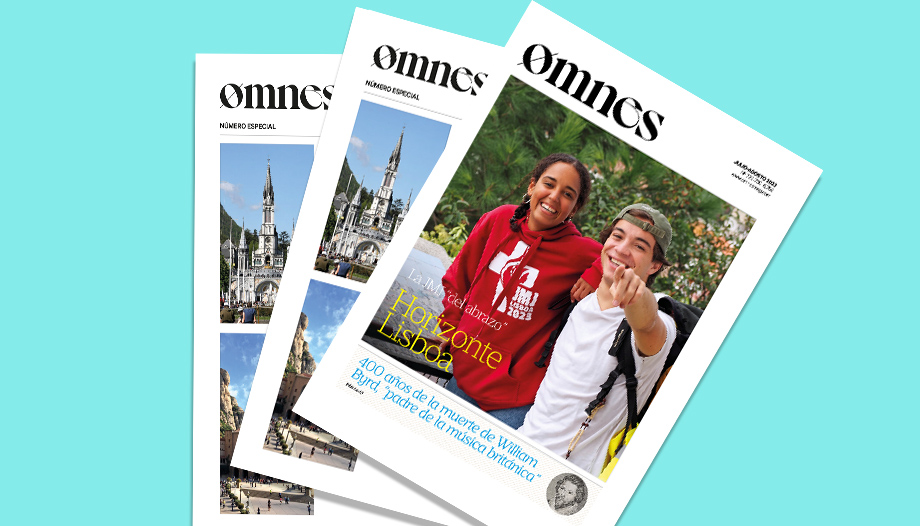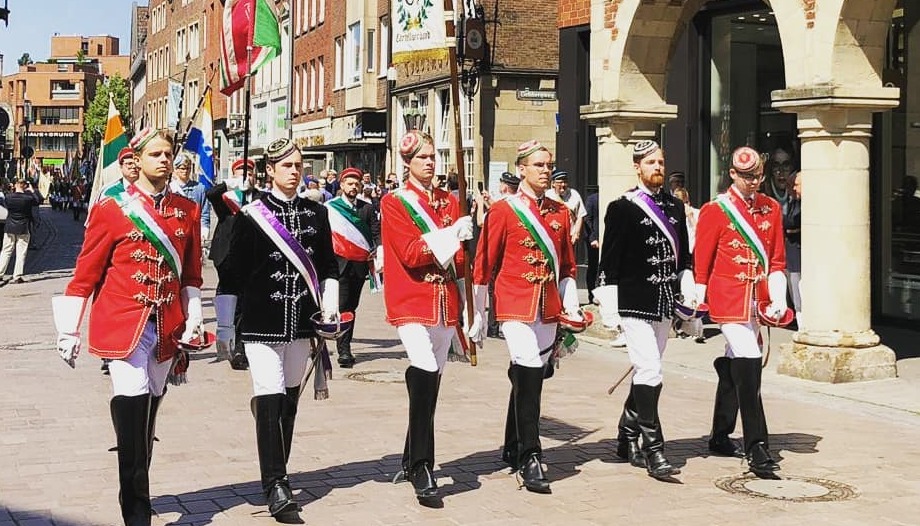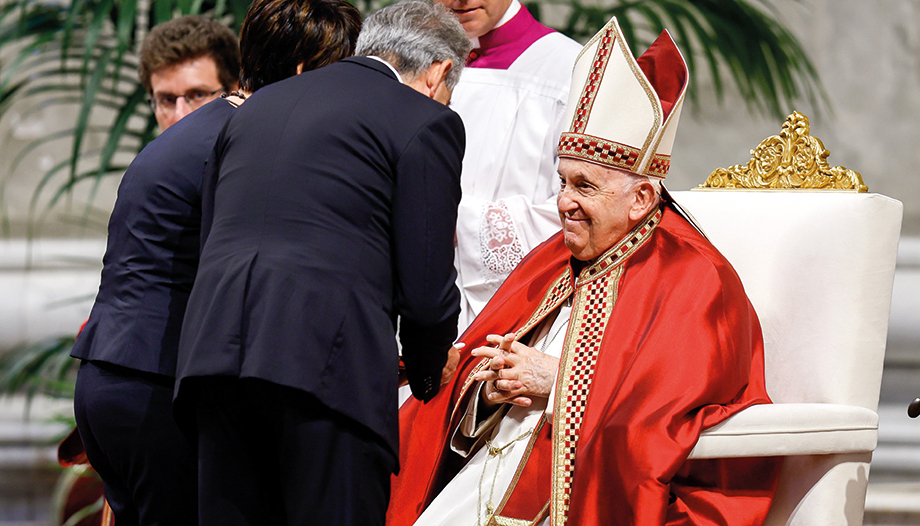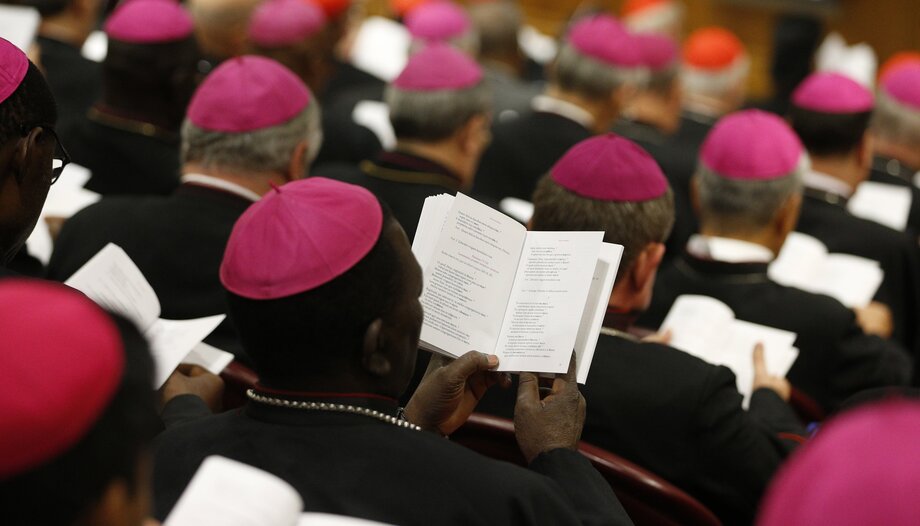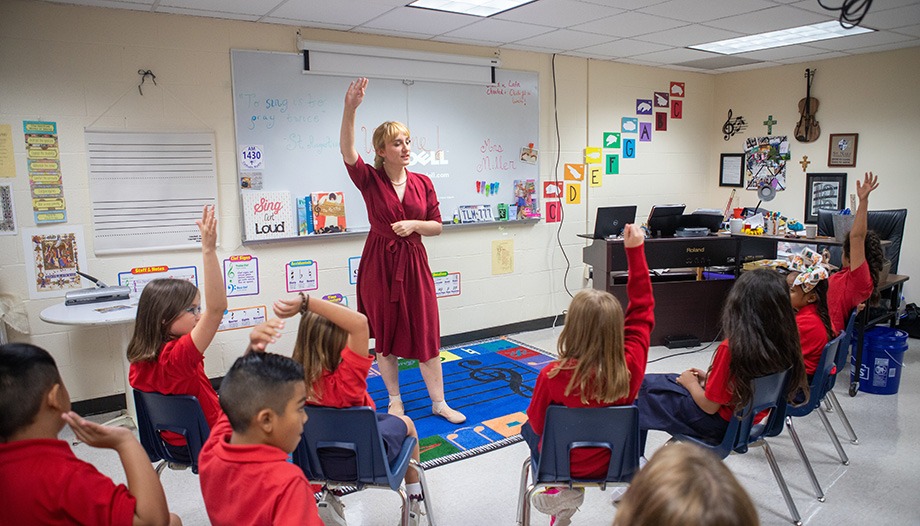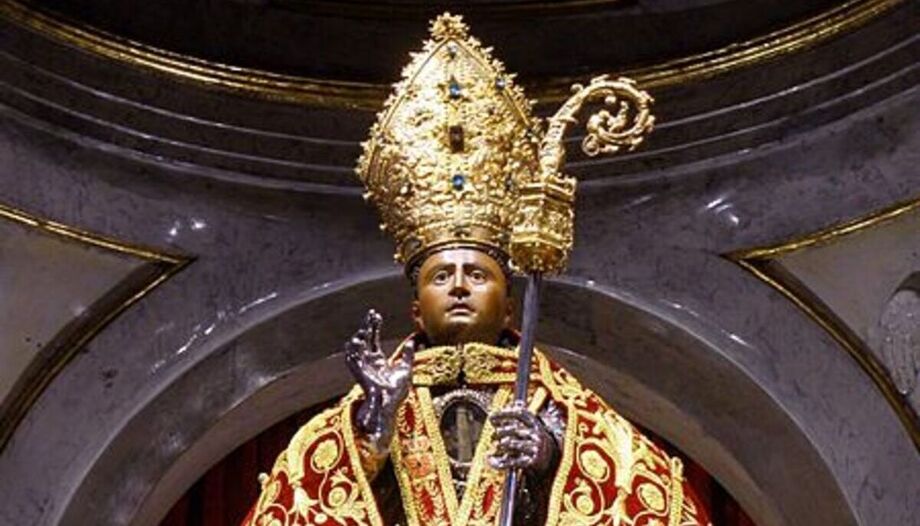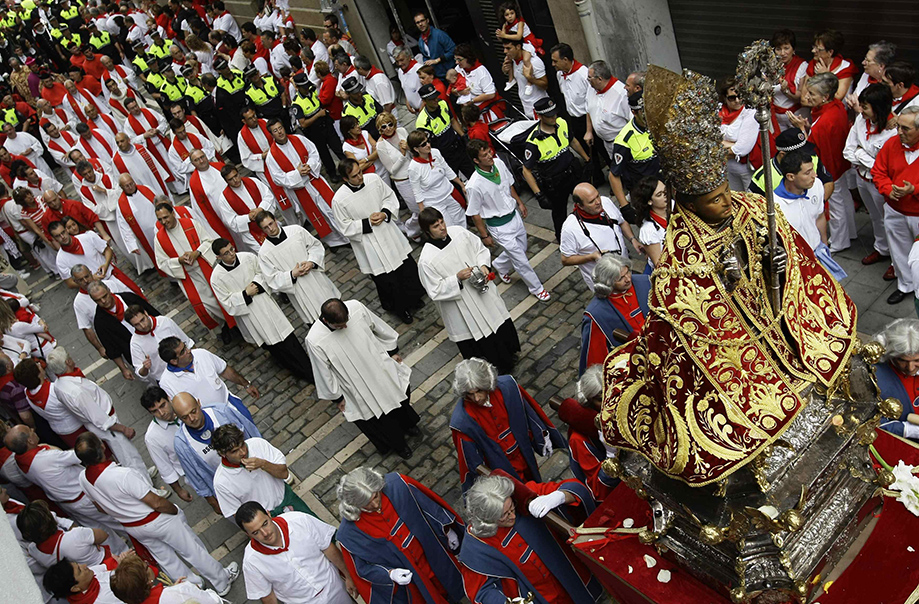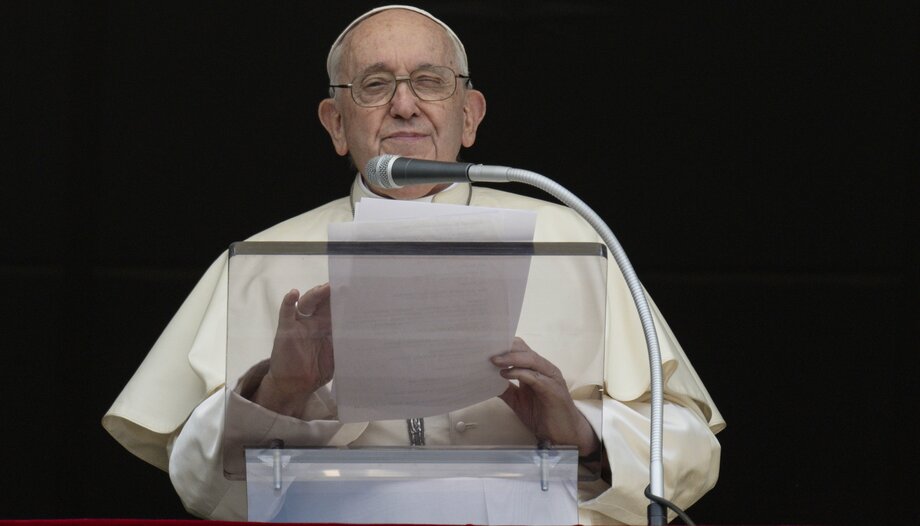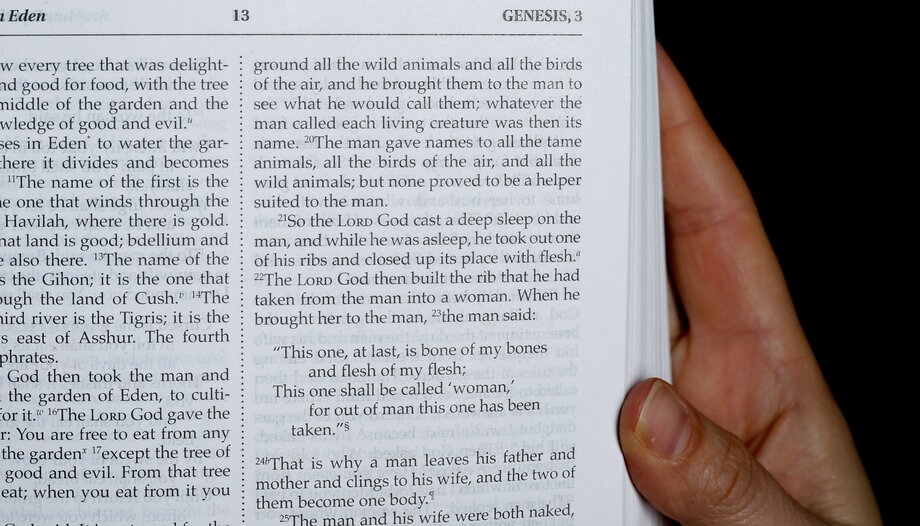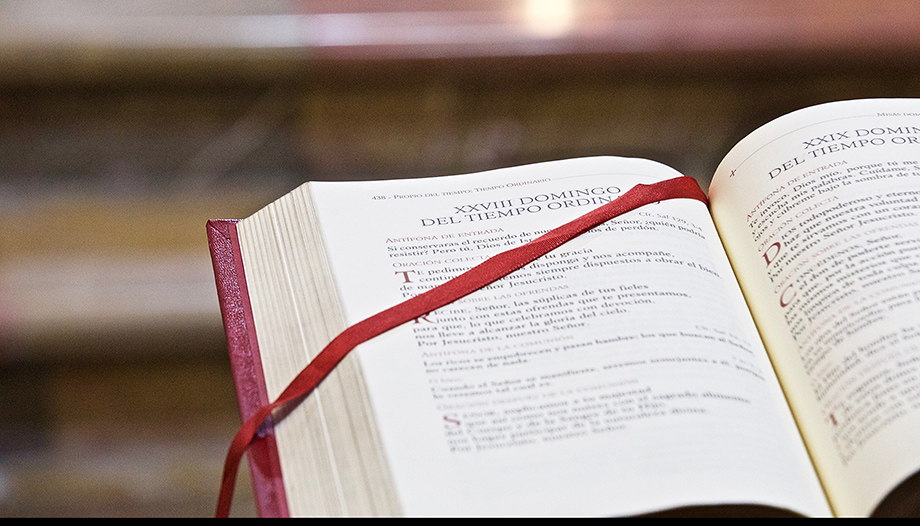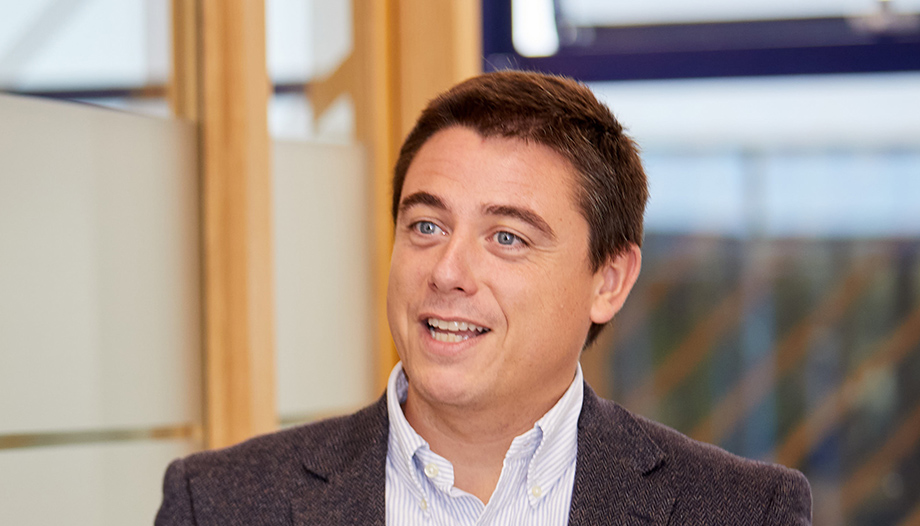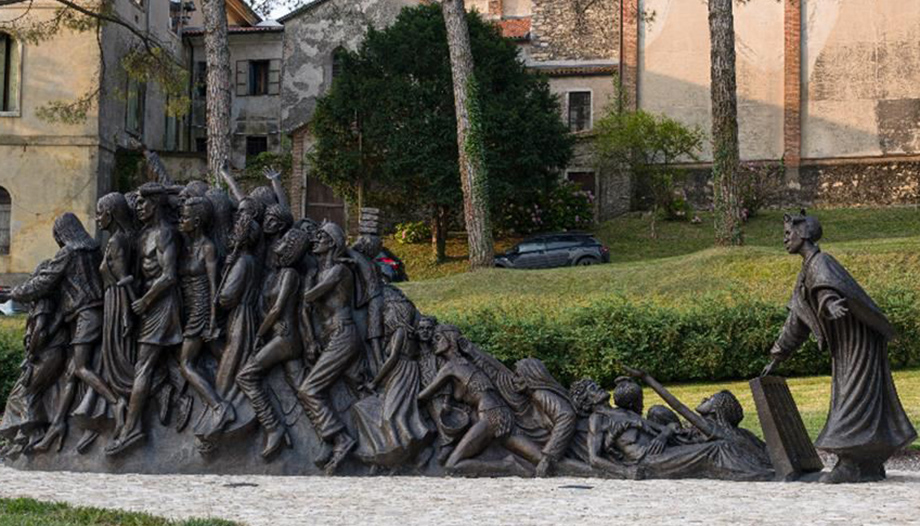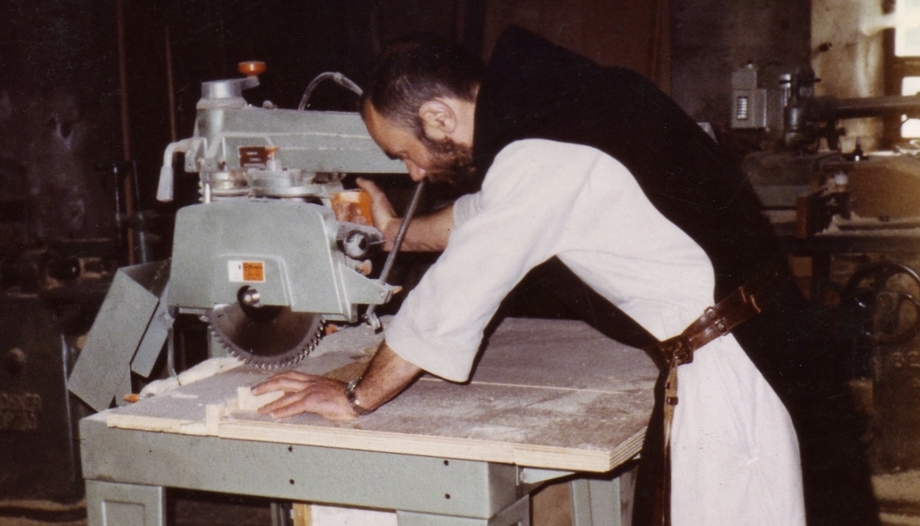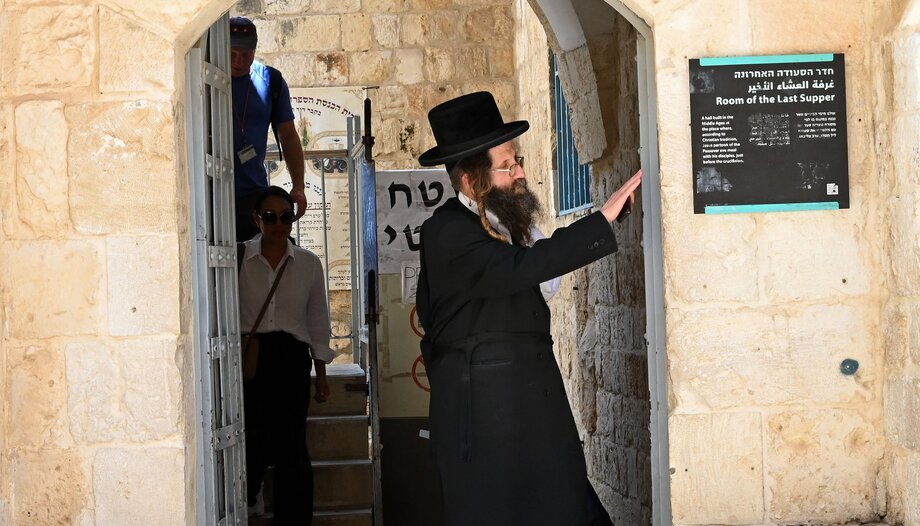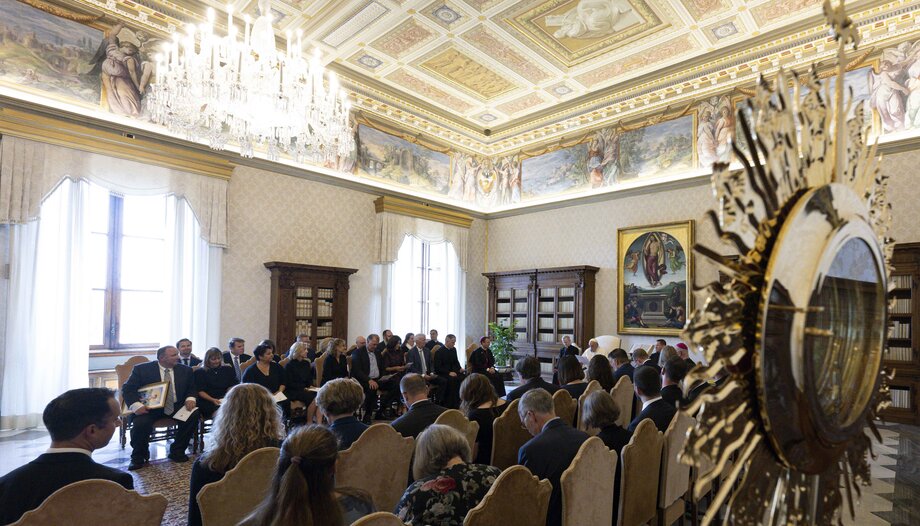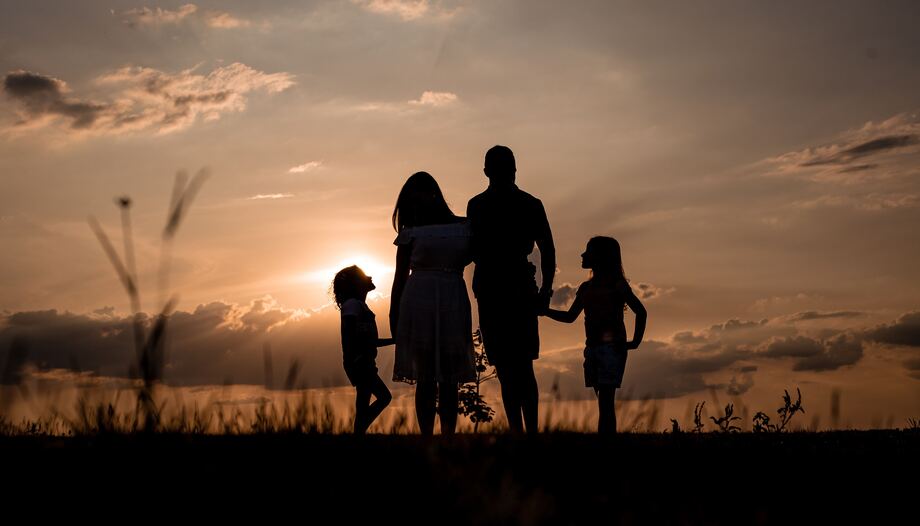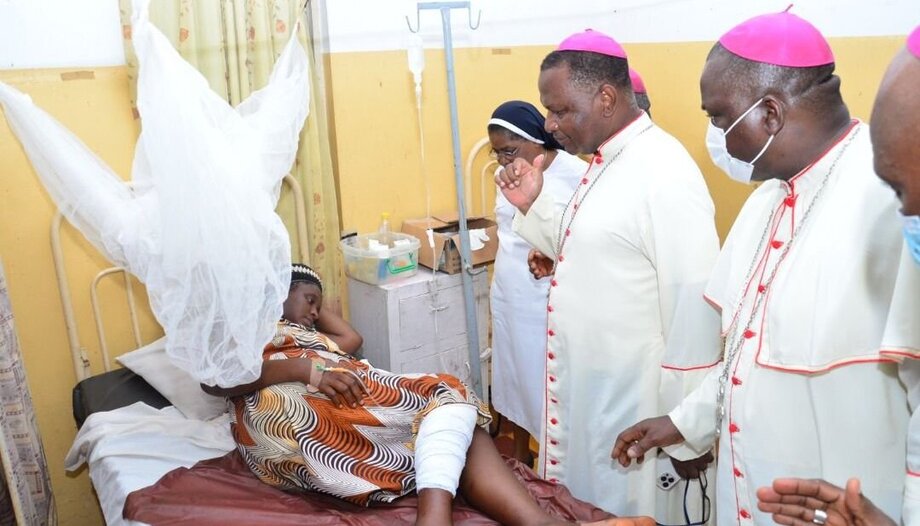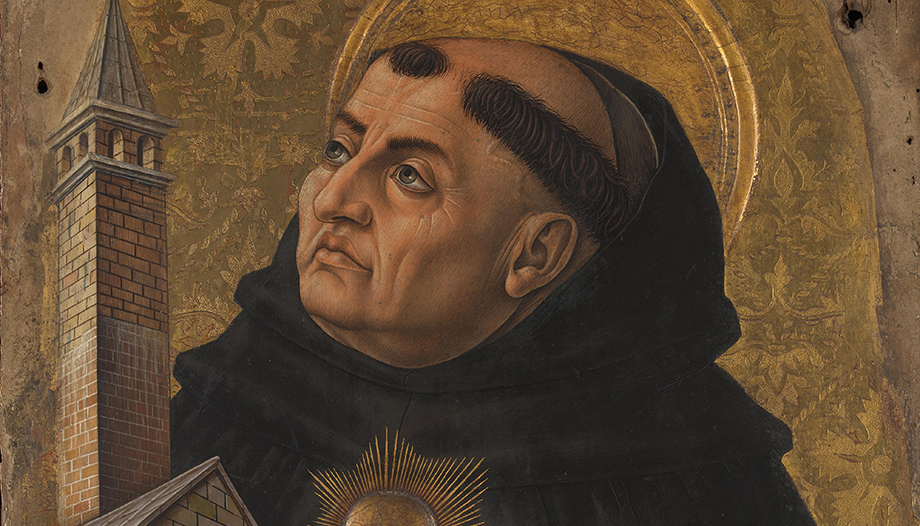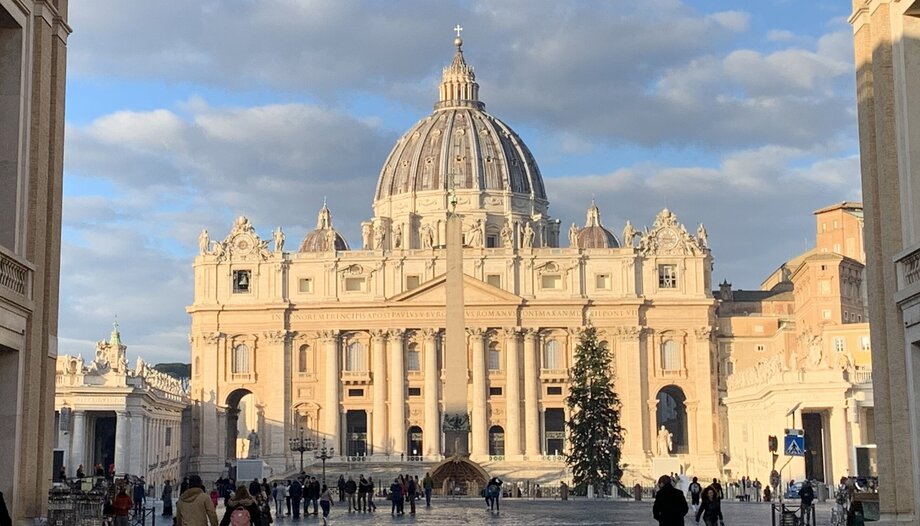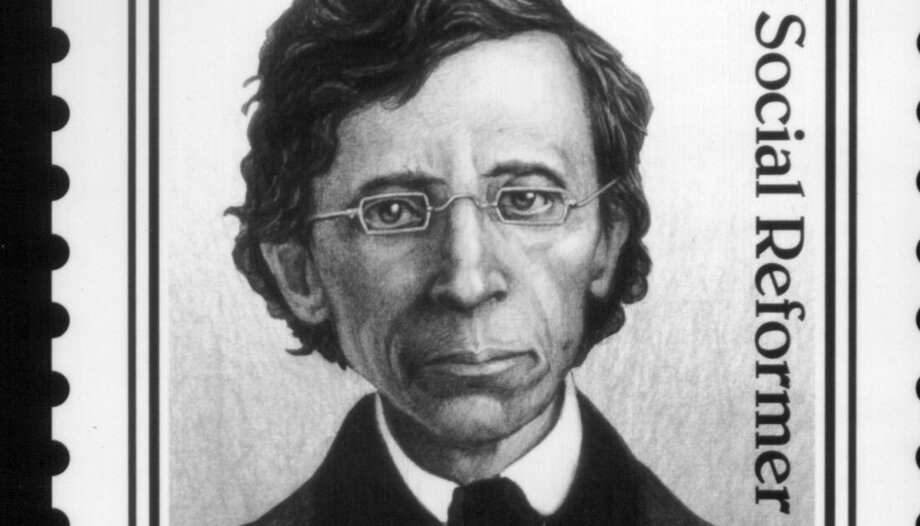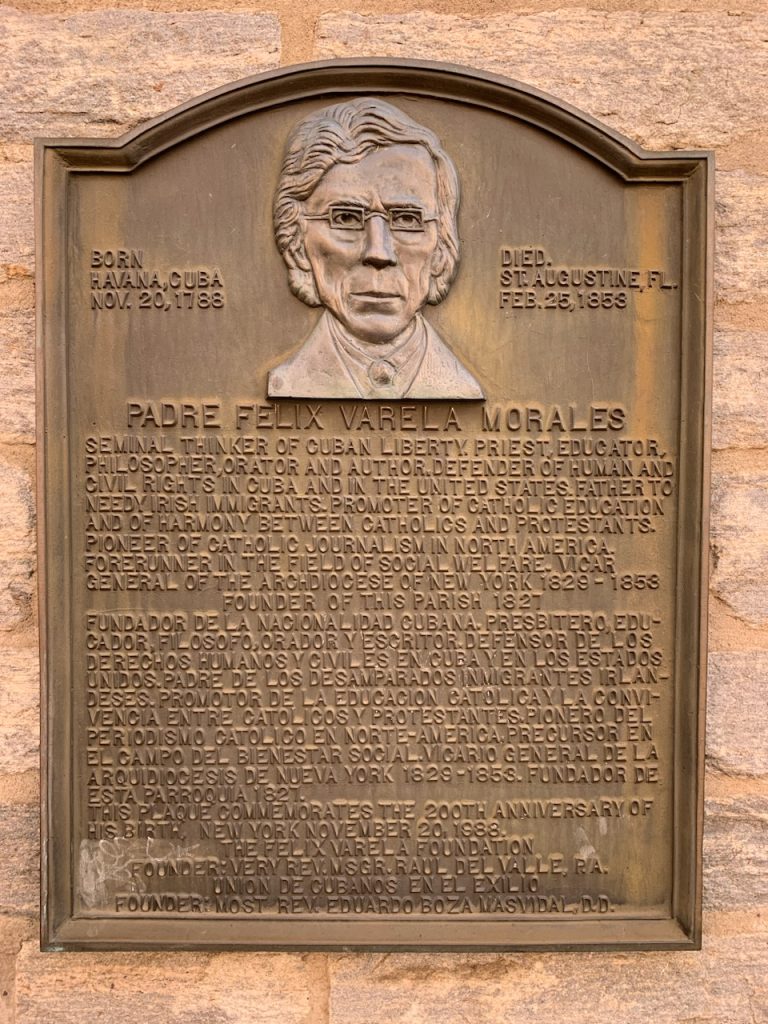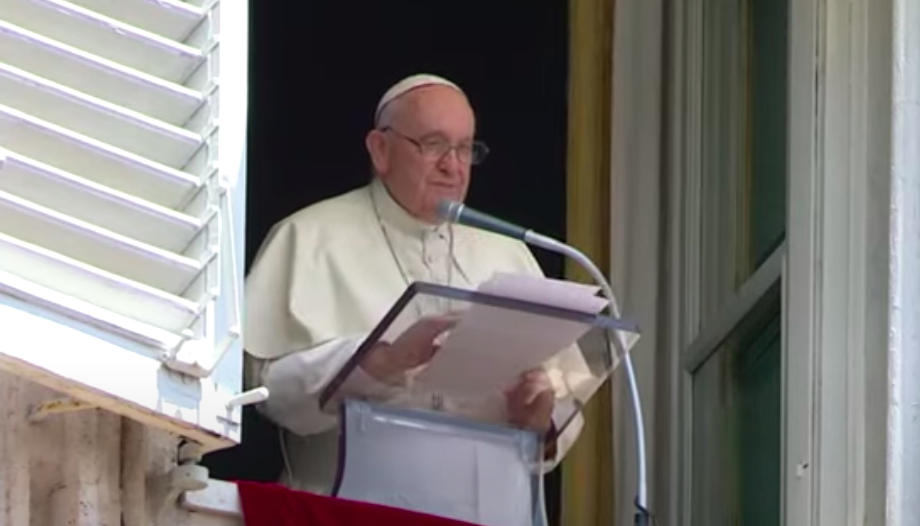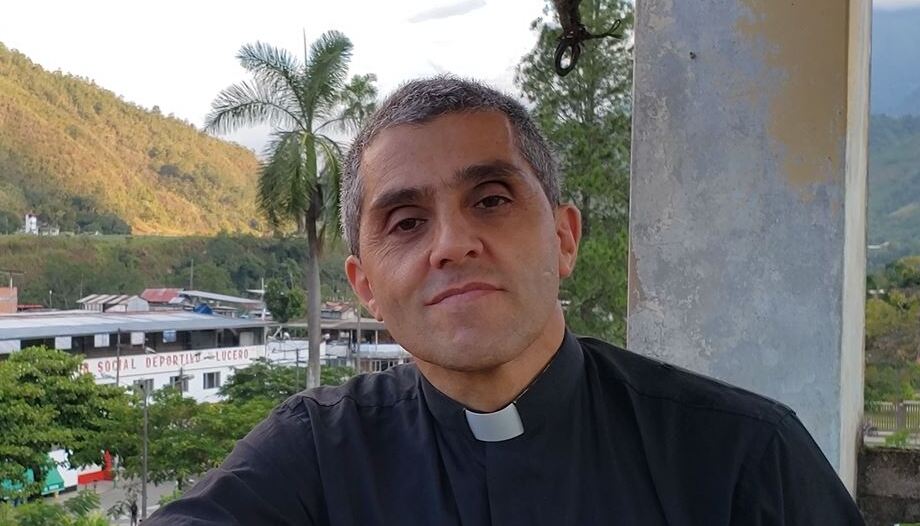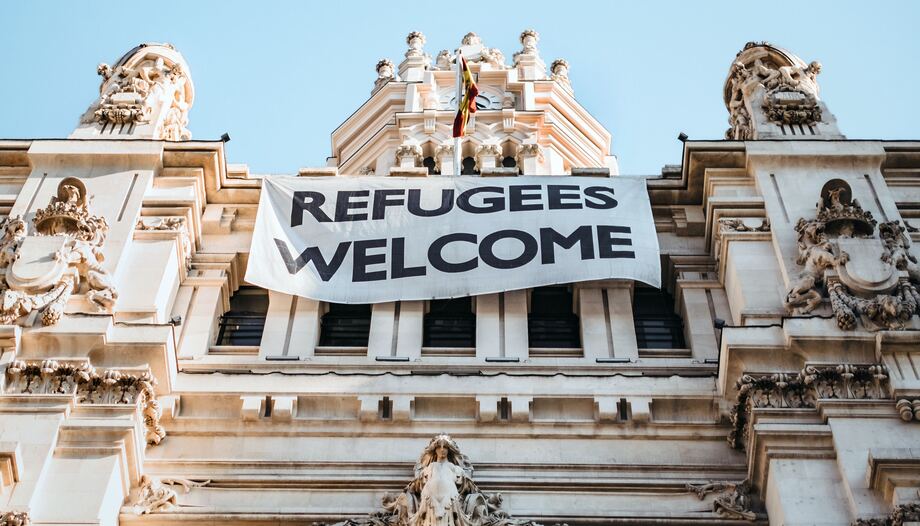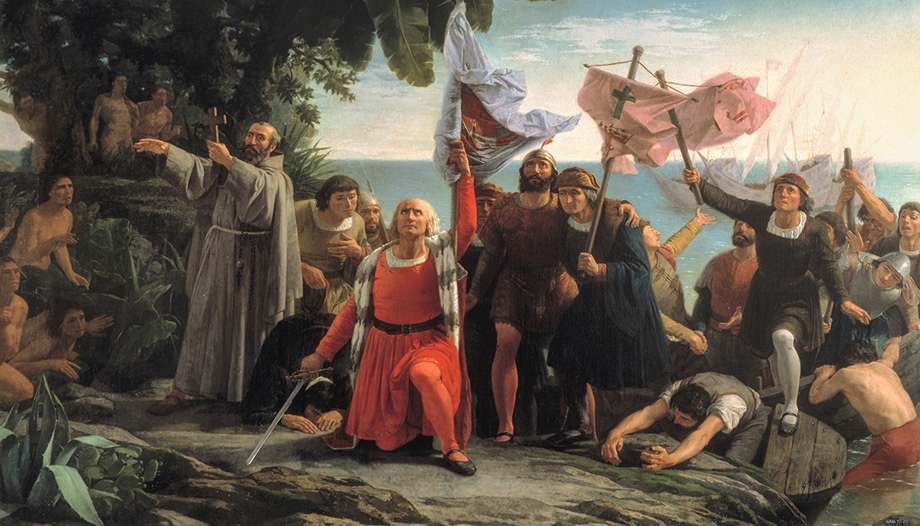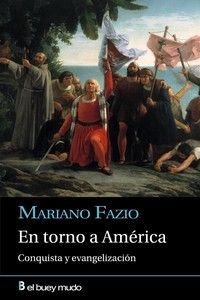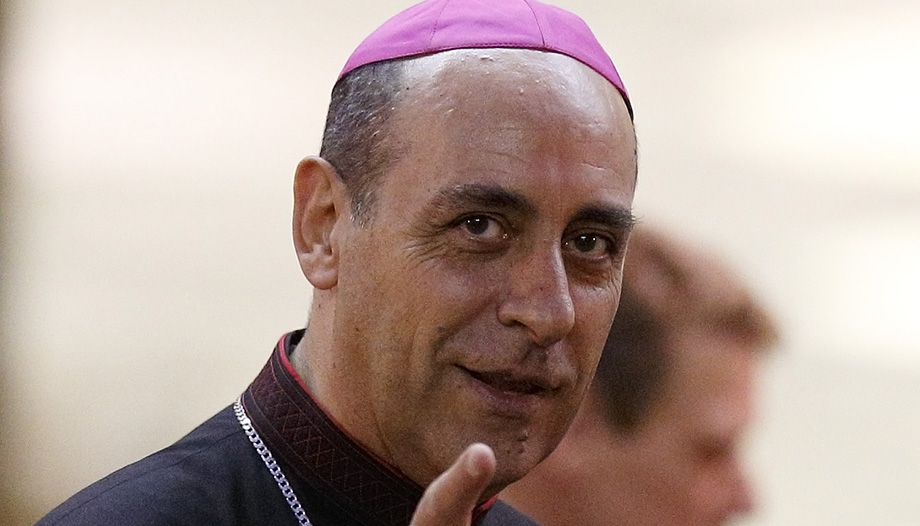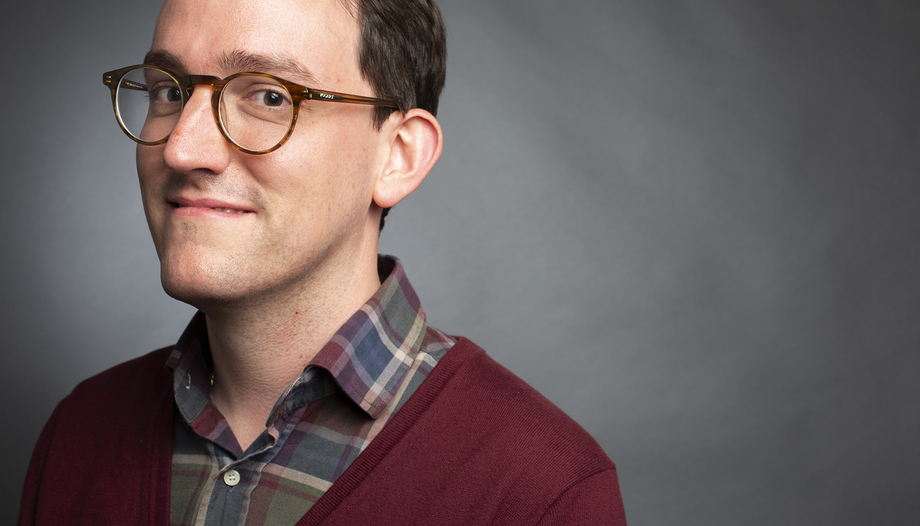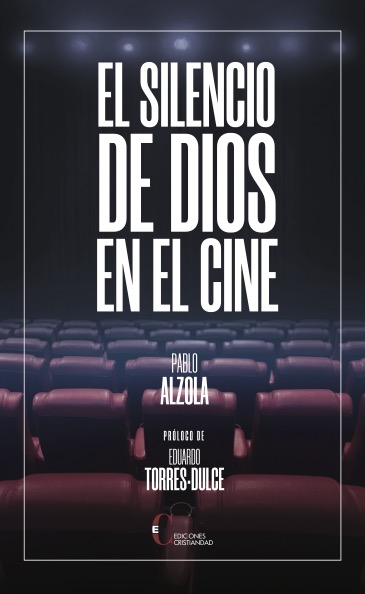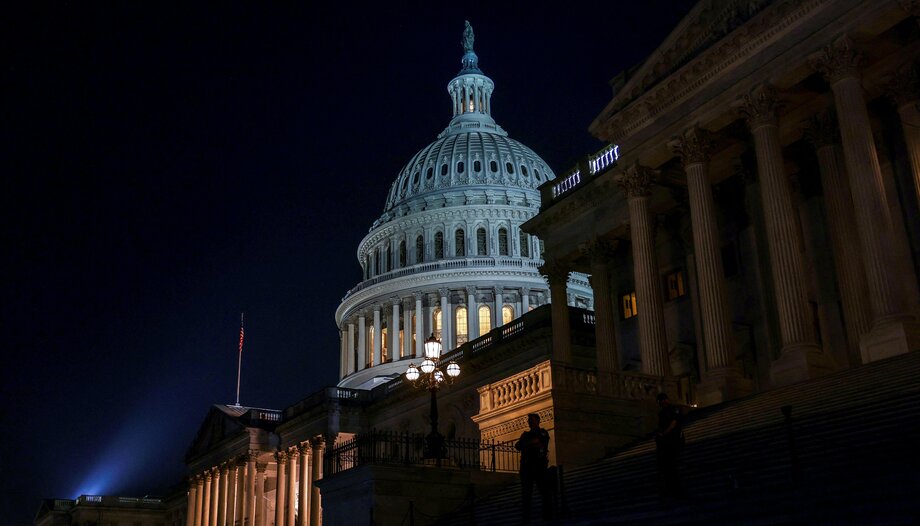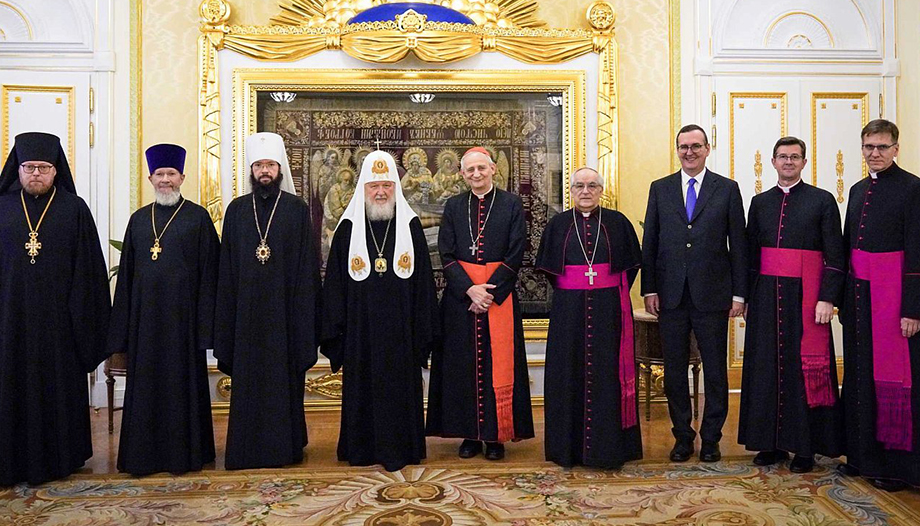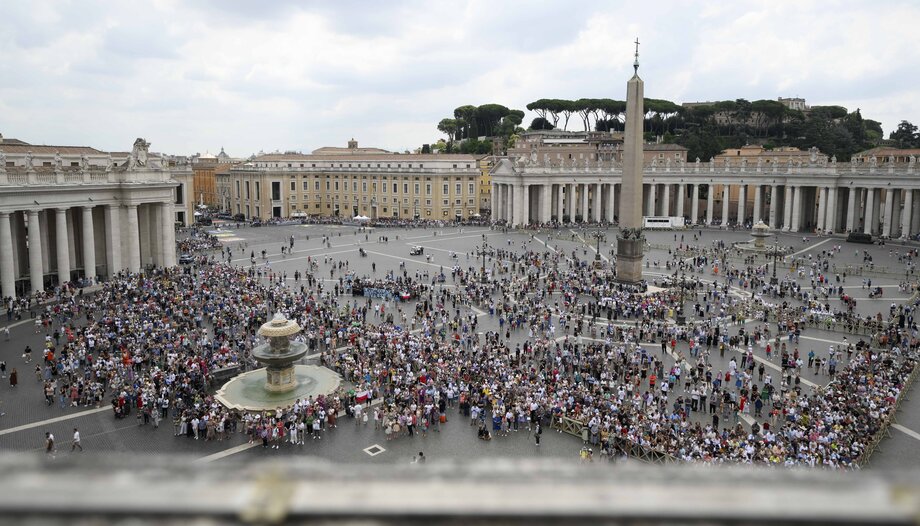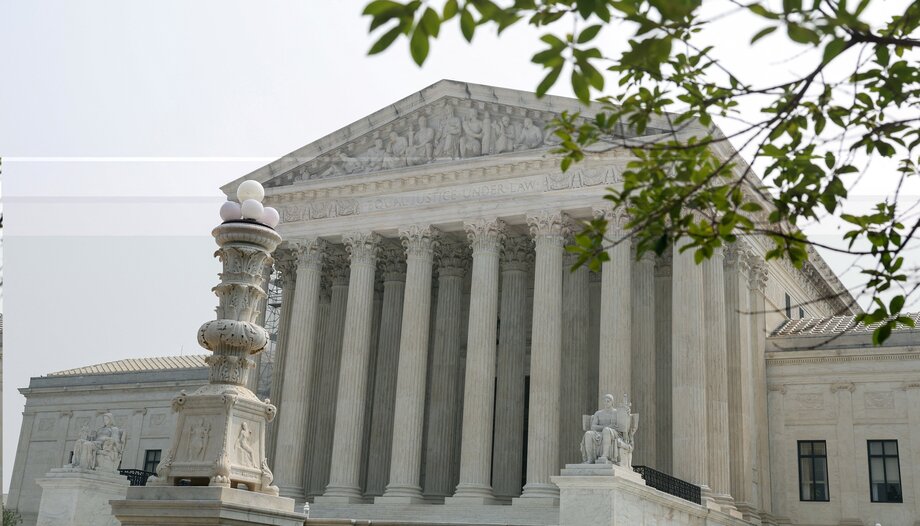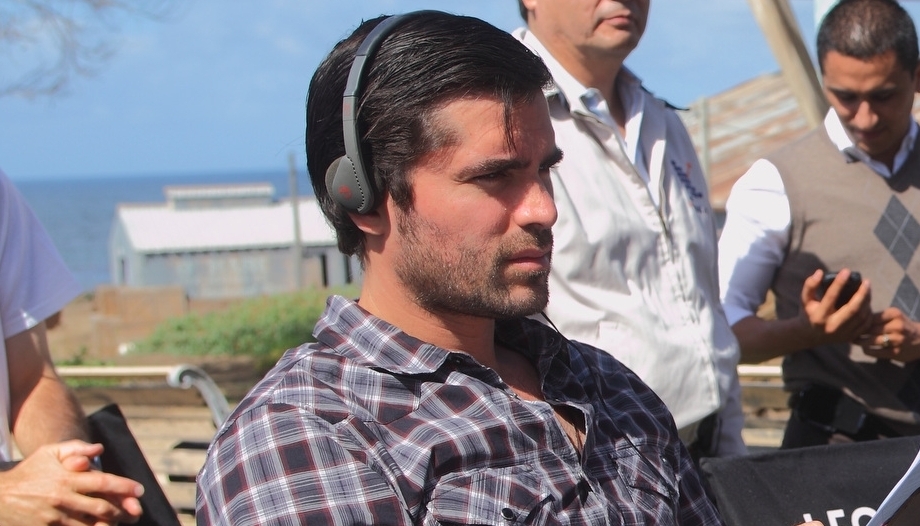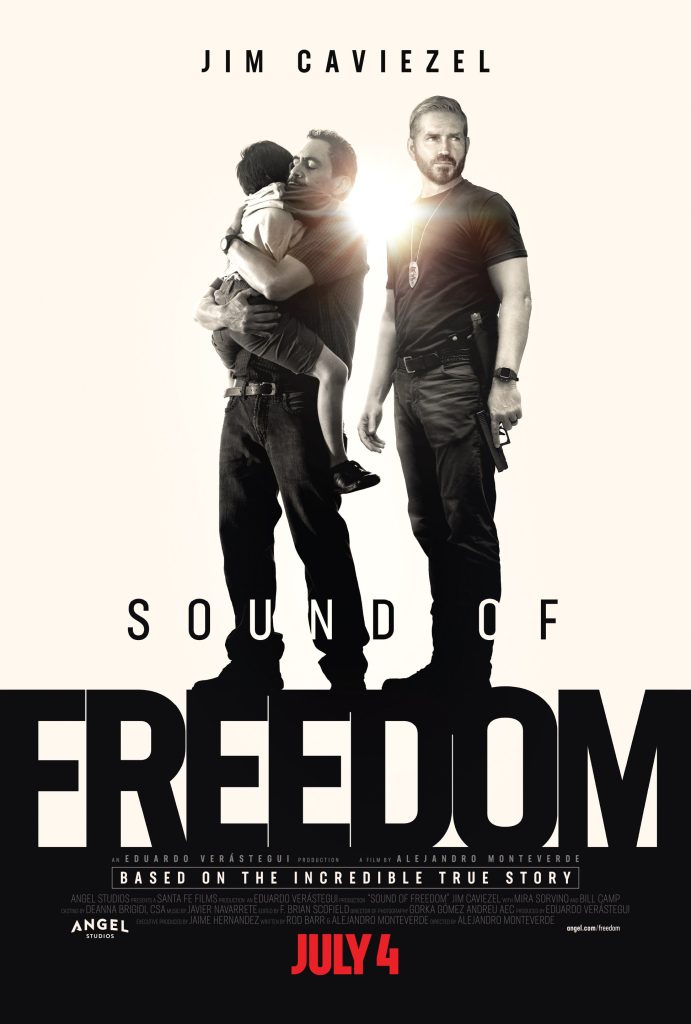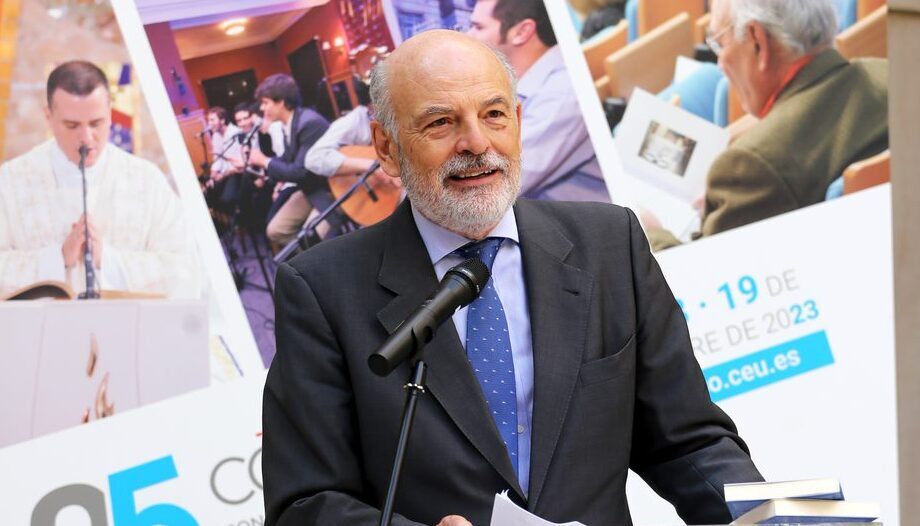Pablo Alzola has published "The Silence of God in Cinema" (2022) and, previously, "The Cinema of Terrence Malick. La esperanza de llegar a casa" (2020). He holds a PhD in Humanities from the Universidad Rey Juan Carlos and is a member of the Visual Arts and Cultural Studies Research Group at the same university, and of the Círculo de Escritores Cinematográficos.
The silence of God in the cinema
AuthorPablo Alzola
Editorial: Ediciones Cristiandad
Pages: 294
Madrid: 2022
In this interview he talks about his book "The silence of God in the cinema", published by Cristiandad Editionsin which he explores the theme of God in films with cinematic quality, as he seeks a cinema that does not simply try to transmit an idea, but one that has an artistic value in its own right.
How did the idea of investigating the question of God in film come about?
For a long time, there were movies that I liked because they dealt with some topic related to faith, but in a quite original way, and they were also good movies. One of the first ones that caught my attention was Of Gods and Men (2010), which deals with a real case of some monks in Algeria. I loved it, because it was not a film in the service of a message, as sometimes happens with well-meaning religious cinema, where there is a very good intention, but the message weighs so much that it eats the film, and there is not so much interest in using the language of cinema well.
On the other hand, this movie has some great actors, incredible scenes and a lot of strength. For example, I mention in the book a very powerful scene, towards the end, where they are having dinner. Sounds Swan Lake Tchaikovsky and nobody says anything, they only see each other's faces, and you can tell that they sense that it's the Last Supper. And the way it's filmed, it represents a little bit of the Last Supper. It's mind-blowing.
Another film that inspired me is Letters to Father Jacob. It is about a Lutheran pastor who is blind, elderly, and lives in a house near a rural parish where no one goes anymore. He corresponds with several people, but, having gone blind, he cannot read them, and the government sends him a girl who has just been released from prison to help him with social services. This girl helps him to read the letters and answer them. At first they hate each other, especially she hates him, but little by little they get closer to each other. It is a super simple and very nice movie.
When I saw these kinds of films, I thought they were very interesting, because they raise some question related to faith, but they don't have the haste to give an answer or the audacity to pose a very packaged solution, a moral, but they simply suggest something, or make you think, but without giving you a solution. At the same time, they are very good films, because they have very good actors and the language of cinema is very well used. In addition, sometimes they use very groundbreaking resources.
I was accumulating titles in my head, and I thought that at some point I would like to write something about this. When the publisher's proposal came, I said, "This is the moment".
The title can be interpreted in several ways. What meaning did you want to give it?
The title has a deliberate ambiguity. What I mean in the book, which is explained a bit in the first chapter, is well exemplified by the documentary film Converso. It is by a director from Navarre, David Arratibel, and it is about his relatives, who all went little by little from not living the faith to living it. He is agnostic and did not understand this change. In all family gatherings he felt very excluded. Since he is a film director, he decided to make a film to try to understand why his family had embraced the Catholic faith. The title has a double meaning: on the one hand, "converso" in the sense of conversing and, on the other, conversion.
In the film, he talks to his family: his sister, his brother-in-law, his mother... and each one tells him about his experience. The film is very interesting. The brother-in-law was the first to convert. He loves to play the organ and talks a lot about God as if he were the wind in the organ, which passes through the pipes and in each one produces a different sound. He also says that the operations of God in a person, in the soul, are something that escapes representation, because they cannot be caught with the senses.
The end of the film is very nice, because the director proposes to all those who have appeared in the documentary to rehearse a song together and sing it. It is about O magnum mysterium ("O great mystery"), by Tomás Luis de Victoria. It tries to say that God is something quite mysterious and that many times He remains silent, but this silence does not mean that He is not there, but that He is in a silent way. That would be the great thread that unites the whole book.
There is also a chapter in which I talk about the idea of the absent God, about movies where God could appear, but nevertheless does not appear. They are movies that also deal with the theme of death, of evil, the typical question: "Where is God when a person suffers, or when there is a very evident evil situation? I speak, for example, of Manchester waterfront (2016), which deals with death and mourning in a very crude way. God does not appear, and the director himself says that he is not a religious person and that, whoever tries to look for that in his film, is not going to find it.
Then there is Phoenix (2014), which is about a Holocaust survivor. She returns from a concentration camp with her face disfigured by a bullet, and has it reconstructed in the hospital. She feels that she has lost her identity, that she is no longer her, and to recover it she needs to find her boyfriend from before the war and have him recognize her. It is a tremendous film, very hard, and God is nowhere to be seen. What prevails is an idea of hopelessness, of inability to resume your life.
In that chapter I talk about when God is not in the cinema. He is neither here nor expected. The title has these two aspects.
This idea of God as a mystery has its nuances, because Christianity does not propose that, but that God has shown himself in Jesus Christ. But this book does not pretend to be taxative, nor to give a catechesis. I speak of a cinema that suggests, but does not impose or make anything clear.
There's an author I talk about in the book who has a book called "God in cinema" and he says that good cinema that talks about God always creates a fundamental ambiguity from which it does not come out on purpose, to respect the viewer's freedom. I like that idea and I wanted to go that way with the book. These films propose things, but they have a good deliberate openness, even people who don't believe can enter them perfectly well, because the artistic language has been used well, and artistic language has that richness of not being univocal.
There is a very interesting quote in the book in this regard: "A work of art is not a work of art because of its content".
It is from a book called "Culture and truth", by philosopher Fernando Inciarte. I like it very much, he talks about that, that art cannot be tied to the what, to the message, but it has to be guided by the how, by the language. Art has to really explore its language, whatever it is, cinema, literature, music...
I think these films do, because some of them, in terms of cinematic language, are very daring. For example, Ida (2013), a well-known Polish film that received the Oscar for Best Foreign Film.. It is set after World War II, around the 1960s, and is about a girl who grows up in a convent and then decides to take vows and become a nun, because she has always lived there. The superior tells her no, that she has to go out into the world and meet the only family member she has left, her aunt, and then make a decision.
It is a super interesting film. It is in black and white, which is something very daring for a 2013 film, and uses a format that is more typical of old cinema, square, perhaps because it is a format that lends itself more to portraiture, and in the film there are many faces. There is also another resource that is repeated a lot, and that is that in many scenes the action occurs in the lower third of the square, and above there are two thirds where there is nothing, which is called "air".
I once heard a film critic, Jerónimo José Martín, say that the film is evoking with this that there is a fundamental element in the story that is unseen: God. It is a very interesting and intelligent resource. There is another film called The son of Saul (2015), also won the Oscar for Best Foreign Film. It is set in the Auschwitz concentration camp, where there was a group of Jews called the "special commando". When a train arrived, they were in charge of taking people to the gas chamber, telling them they were going to take a shower. Then they would take the bodies out and take them to the ovens. A horrible thing.
The main character belongs to the special commando, and the whole film is his face, you follow his face. At one point in the film, doing a very specific thing, his face changes. There is an evolution throughout the story. The film is hard, but not gruesome, because you hear things, but you don't see anything. You have to be a great actor to do that, otherwise....
Another movie I'm talking about is Silence (2016), by Martin Scorsese. It is a film that has a very sought-after ambiguity, maybe that's why it raised blisters when it came out. But it is a film that lends itself to watching it and commenting on it afterwards, and it is also very interesting visually.
How have attempts been made to address the representation of God in the language of cinema?
There are many ways to approach this. In the book, I start talking about the visual part, because I follow an order that is purposely sought, there is a common thread. The shots focus on different things: the general shot for landscapes, the close-up for faces, and so on. In the "Landscapes" chapter, which would be the general shot, I talk about films that present God as a mystery. They are landscapes where the human being feels very small. For example, the mountain.
There is a very nice movie called Mimosas (2016), by a Spanish director, Oliver Laxe. It is about a caravan of villagers in the area of Morocco. Their leader has died and has asked to be buried in another city, but to get there they have to cross the Atlas Mountains, which seems impossible, because they go with a donkey and a corpse. The whole story is like an image of faith, in the sense that they face something impossible, which humanly seems unattainable, always with the idea of the mountain in the background, and yet throughout the journey it seems that there may be miracles.
This same director has another very nice movie, which also appears in the book, called What burns (2019) and deals with the subject of fires in the forests of Galicia. A man comes home from prison (because he is supposedly an arsonist, although it is not known for sure). His mother is very old and they live in the middle of the Sierra de los Ancares, which is all forest. There is a sense of absolute mystery, of something impenetrable, and so are the characters. That film also has some beautiful scenes of the forest, or of the foggy morning, when he goes to walk the dog. I think that way of talking about God has a very clear precedent in a Russian director, Tarkovski, who often uses nature in this way, to immerse the viewer in a kind of atmosphere of mystery.
Then, moving towards the last chapter, the movies talk about God through people, with characters who, through human relationships, discover something else, something that makes them leave their little world. For example, there is an Italian movie called The cardboard village (2011) which is about a priest who is very old and they close his parish because there are hardly any more people.
He stays living in the parish house and one night he sees illegal migrants entering the parish to take refuge. There is one who is wounded, a pregnant girl who gives birth to a child... He hides them and takes care of them. It seemed that his life was over, that he had nothing more to offer them, and suddenly it turns out that the most important thing was yet to come, and through these people he finds God. In these films, God appears through the person who is very different from me and who suddenly comes to me. In that confrontation, there is an openness to the other, and God seems to be present as well.
There are many contemporary films in which it seems that religiosity is ignored: either no one who is a believer appears or, if they do, it is reflected in a negative way. What do you think about this?
I think that has nuances. I think that perhaps the cinema that moves at a level of great premiere, of huge audience, touches springs that connect with the supposed sensibility of today. It exploits formulas where no risk is taken. In general, they are mediocre movies, but they are popcorn movies and you ensure a minimum or not so minimum audience. But I think that, if you get out of it, without having to reach the art cinema, there is everything.
The theme of religiosity does appear, although it is true that there is usually a tone, and that is that institutionalized religiosity is reviled. I also talk a bit about this in the book. However, the subject of religiosity, in a broader sense, is present in many places. It is generally seen as something laudable, but also very diffuse, in the sense that it is perceived as something that each person must live in his or her own way.
Has there been a change in film trends, in the sense that there are now more "villain" protagonists?
Perhaps we have the feeling that this is a recent trend, but it is a long history. Part of the explanation is that in the 20s and 30s in Hollywood the villain, the character with lights and shadows, was there, especially in film noir movies. But in the 1930s in Hollywood a code is accepted whereby cinema has to follow a series of patterns.
For some time now it is true that this theme of characters with a lot of chiaroscuro, of trying to understand the villain, has been explored again. For example, the famous series Breaking Bad goes that way. This is linked to an era like ours, where the idea of moral good is very blurred. There is no consensus when it comes to seeing something as morally good or morally bad.
Except for the issue of rape, on which I think there is a consensus that it is a moral evil, on many other things there is no agreement. That makes the stories explore to what extent what a character does is wrong or right, or whether he had problems that led him to act that way. There is also the issue of literature. In the end, cinema drinks from literature and literature from cinema, it is a round trip, and literature has been exploring this issue for a long time. I think it is a question that has many roots.
 Jean-Luc MoensI don't want to go to heaven without my wife".
Jean-Luc MoensI don't want to go to heaven without my wife". P. Matteo Curina: "One does not abandon one's former life for no reason: one leaves everything to follow the Lord."
P. Matteo Curina: "One does not abandon one's former life for no reason: one leaves everything to follow the Lord."




